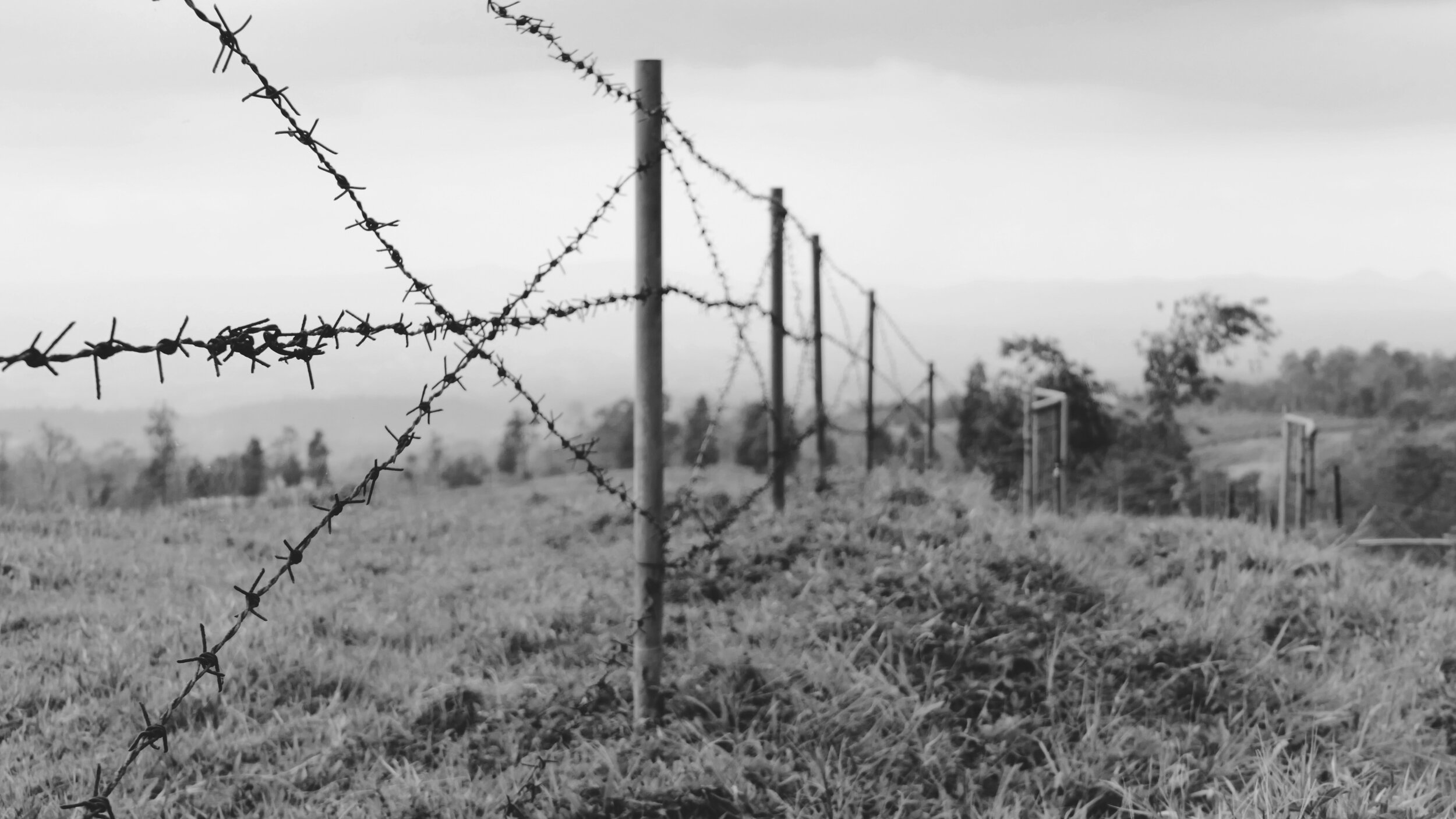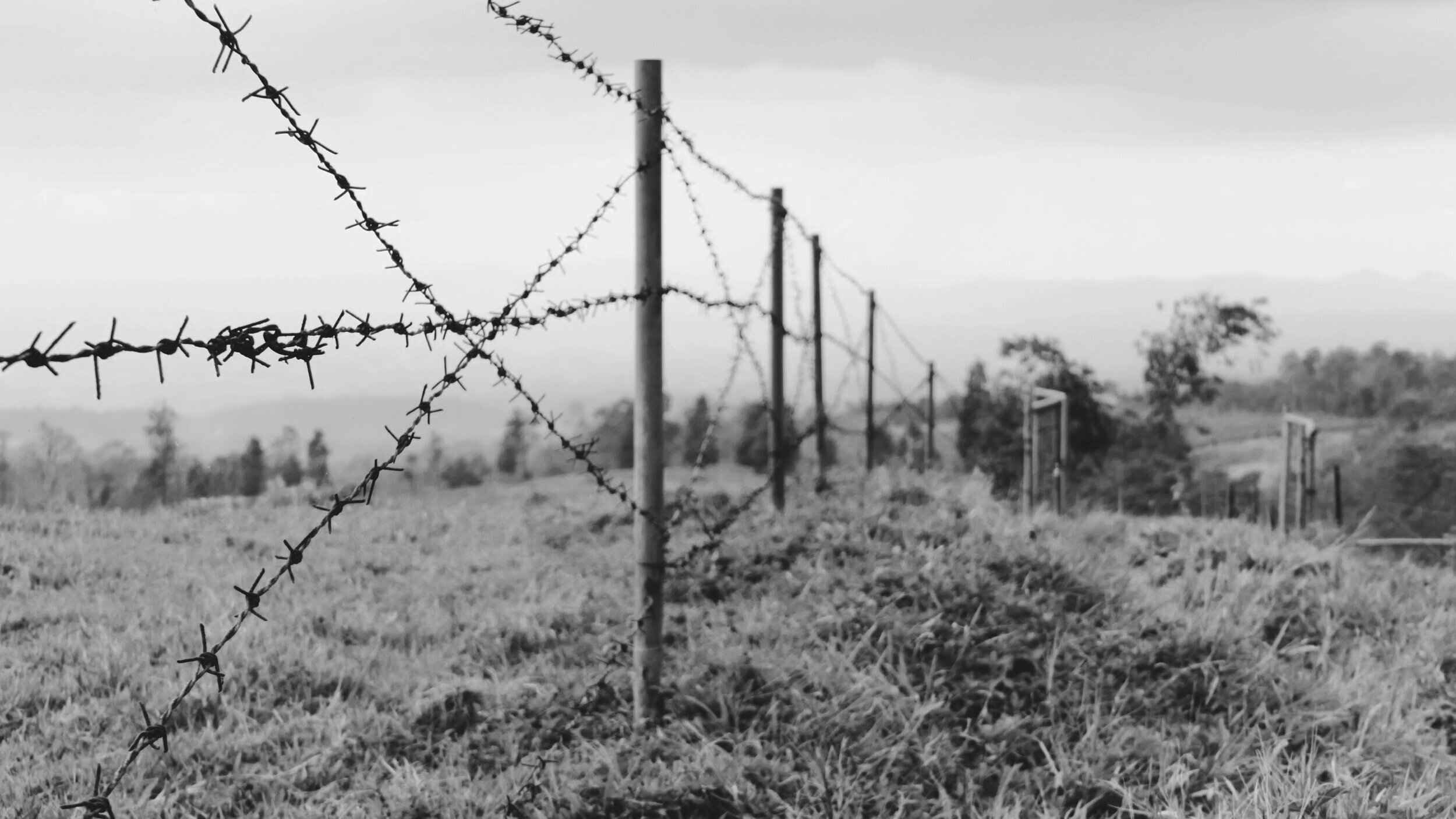My father was away one night. We were living Fairview, at the time, the very far outskirts of Manila. The area held a spattering of small barangays (neighborhoods) dotted with groves of tropical greenery and lot’s of rice paddy. In the dark of night robbers crept up, surrounding our house.
One tapped on the walls and windows of my room — alarming for a 7-year-old. my mother went around the house ringing bells and turning lights on and off to try to scare them away. When the police came the next day, we saw that one of them had taken a crap outside my window. It felt like a personal insult.
Those moments felt very dangerous and they linger on in my memories. It did not strike me as a child that the robbers may have had rumbling stomachs, that their own children might have cried for lack of food or shelter or that the thieves felt those strange American’s were dangerous for their community.
This story bridges us to the philosophical question, who is dangerous?
There are those in our world, who are bent the wrong way. This can be from chemical imbalances, childhood trauma’s, personal choices and from a theological perspective also dark spiritual influences. Pulling from our work with child soldiers, they often slot into these categories as children and later as adults if there is no intervention.
You may have heard that adage, “Power tends to corrupt, and absolute power corrupts absolutely. Great men are almost always bad men…” — John Acton (1834-1902). John Acton was a scholar, writer and politician and his words create an association to politics but they can very easily move us to consider present behemoth corporations of our day like FaceBook, Apple, and Amazon to name a few. Even when these companies decidedly move in our overall interest, the necessity to compete and to protect the moat around their market will incrementally inch them away from that goal.
Whether the United States voted Biden or Trump into office, the almost magnetic propensity for damage is ever-present in a seat of high power. It is extremely hard for any human to handle power well. Jesus recognizing this human tendency, bolted for the hills after providing food for everyone: “Perceiving then that they were about to come and take him by force to make him king, Jesus withdrew again to the mountain by himself” (John 6:15).
What is this insane tendency to trust leaders more than we would a normal human? Think church leaders, political leaders, iconic cultural leaders, it fits. Martin Luther King Jr. was an amazing nonviolent leader who did much good for our country. David J. Garrow’s work of filtering through thousands of FBI files evidences likely marital unfaithfulness and possible participation in rape. By King’s very assent to power through good deeds, his poorer choices become a greater wound for society at large. Many of us have trouble swallowing this, it’s easier to believe the “evil” FBI set this up than a mighty, political-religious, Nobel Peace winning leader stumbled!
We also have an inane tendency to trust ourselves. In many ways, this trust is useful because we need a healthy dose of self-confidence to tackle life. Arguably though, we also need the guts to ask ourselves hard questions, to self doubt and to seek out other viewpoints than our own. That requires more inner resolve. Is it likely that God isn’t unnerved by hard and honest questions like the church is?
Increasingly, polarization is one today’s greatest dangers. Not just a lack of tolerance on left and right, moral and amoral but a lack of interest of learning from the other side. We are all becoming mini political ideologists or dogmatic religious leaders (atheist religion included) — we feel too em-powered by our position to have a coffee with the enemy. Or maybe we are too scared or too angry? This is not to say we need to always break bread with the enemy of our ideology. Still, make a practice of openness.
The present danger is this: If you aren’t discovering real perspectives from your enemies side, you are on the gradual path of being a dangerous enemy to yourself.
I recently wrote about the topic of enemies in my book titled: Love Your Enemy: A 30-Day Guide to Compelling Expressions of Faith. If you’d like to dive deeper into this topic you can purchase it here or you can download a 7 day preview here.



